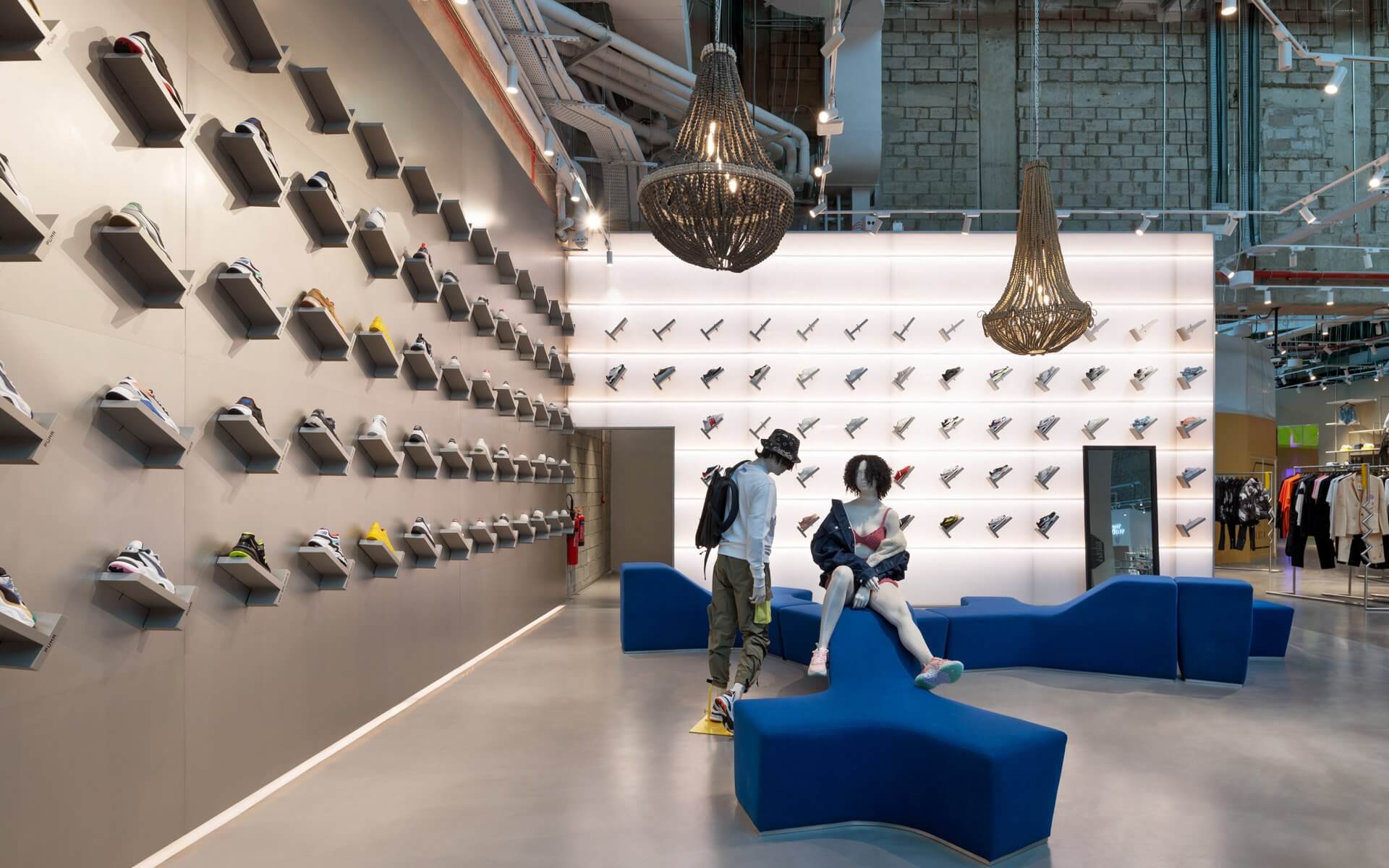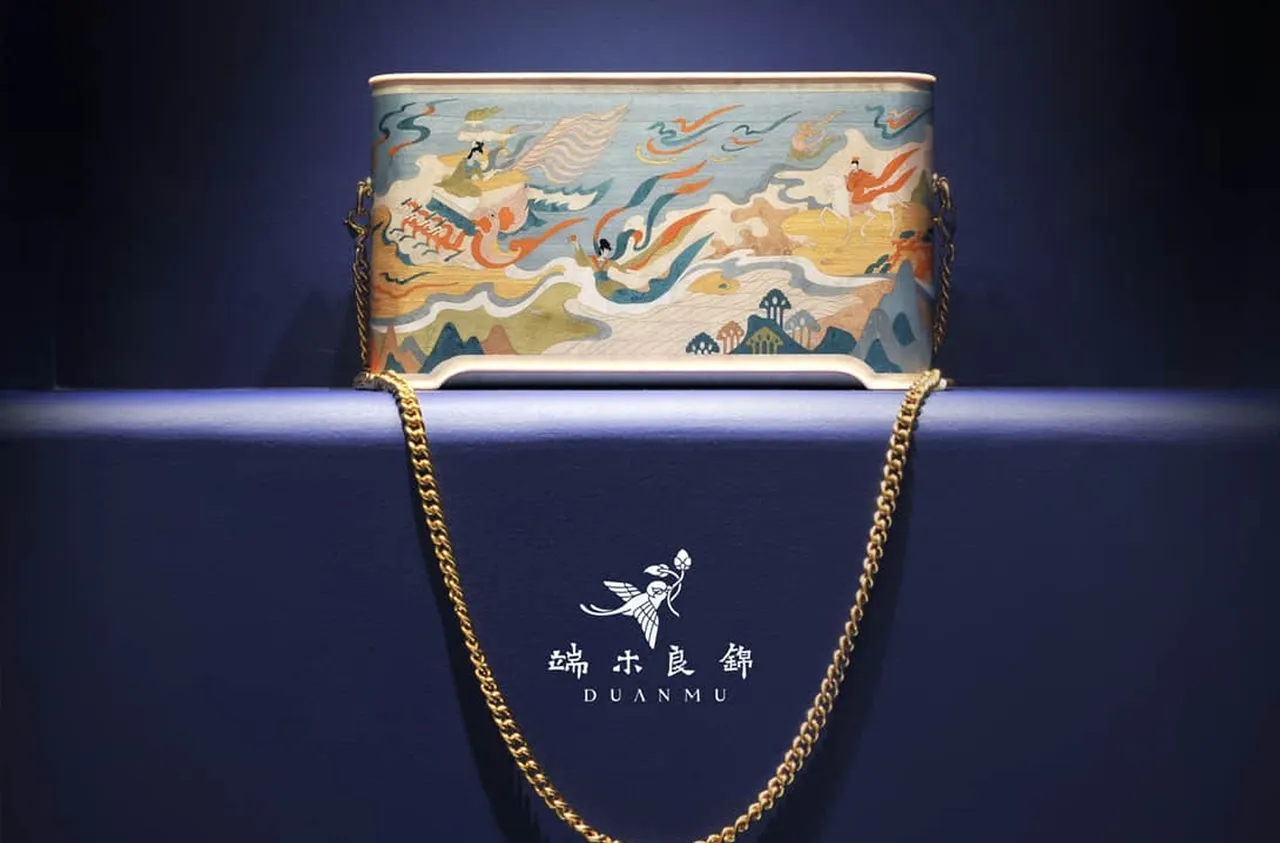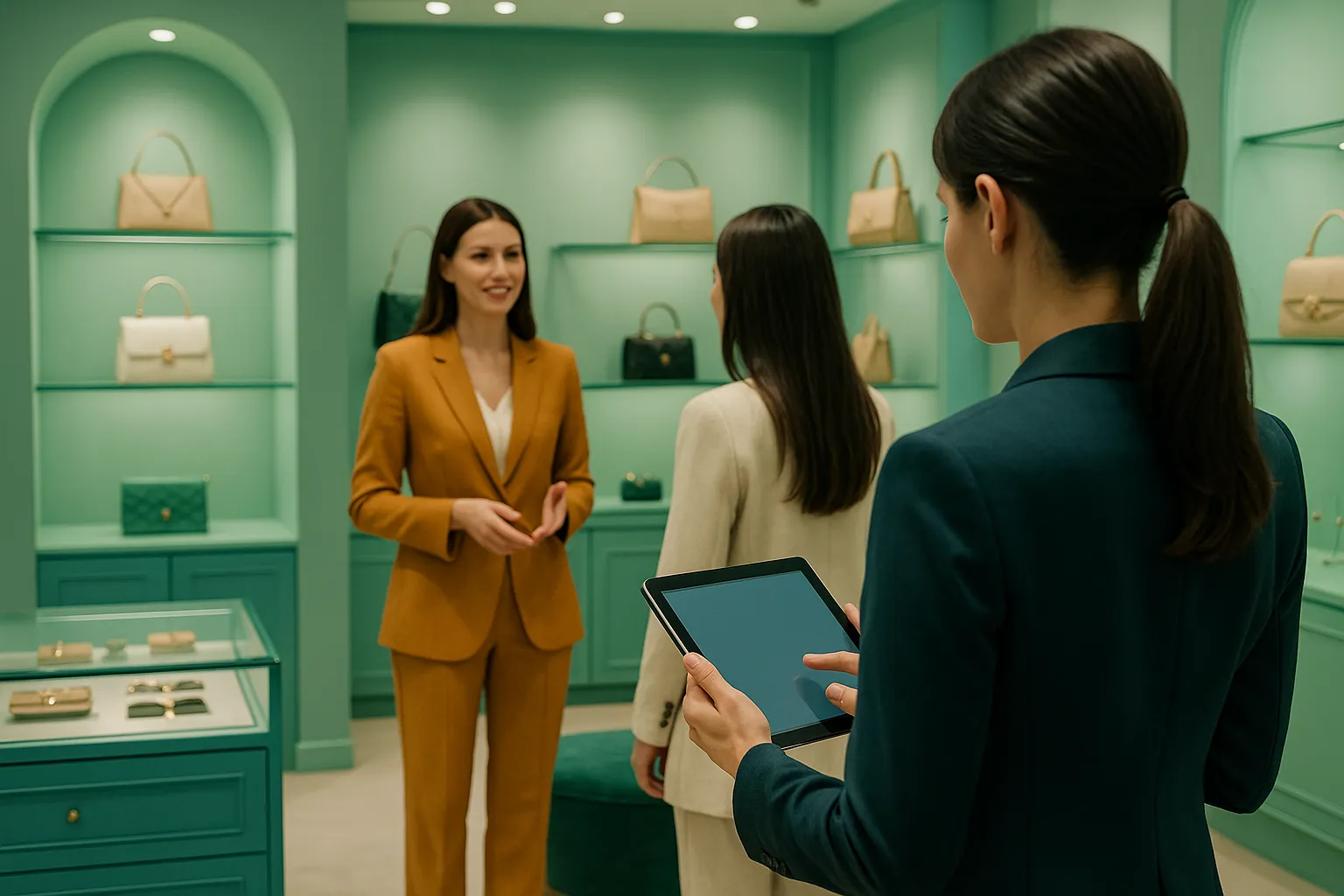The Great Resignation: Crisis or Opportunity for Luxury Retail?
In prime retail locations worldwide, hiring signs can be seen in many store windows. Whilst business is booming in a post-pandemic resurgence with an increased appetite for in-store shopping, the job market is in turmoil. Sectors across all industries now face a wave of resignations as employees self-reflect, question their purpose and rethink their life choices. Meanwhile, employers are struggling to staff shop floors amid the Omicron wave. In August 2021, 721,000 US retail workers handed in their notice, representing the highest number of resignations in the retail trade sector in over 20 years. Whilst most predominantly reported in the US, The Great Resignation is gaining momentum in other geographies across all job types, roles and markets. In fact, Comité Colbert, the French luxury industry federation, is considering calling out French President Macron to urgently address this recruitment problem.
The Great Resignation
Quitting jobs at historic rates, 2021 saw more than 40 million American workers hand in their notice (there are currently 1 and half vacancy per unemployed person in the US) – a trend believed to be driven by an economic and psychological shift. Employers are now struggling to coerce disgruntled employees to return to work as expectations and demands have changed. Experts have cited a lack of adequate childcare, health concerns around Covid-19, and employee burnout as the motivations for seeking better work opportunities, self-employment and higher pay. Leisure and hospitality, retail and healthcare are among the most affected industries.

A crisis
Such a movement and appetite change forces companies to rethink their strategy in this context of massive quits. Competition to attract talented advisors is already high among luxury retailers, and it will only get fiercer. Today, companies are losing their best people and are struggling to replace them or lead appropriate training. Under-staffed boutiques face an overworked, stressed team that fails to deliver exceptional customer experiences and maximise sales opportunities – despite ambitious budgets for 2022. This is particularly true in China where staff retention is a challenge and in a context of booming market and store traffic, one can anticipate hiccups on the client experience side of things.
Many may think that the demand for in-person shopping is dwindling, so investing in employee retention is rather futile. But in reality, Gen Z’ – who represent the lion’s share of luxury brands’ growth – has demonstrated a much stronger desire than Millenials and Gen X’s for in-store experiences. They expect them to be immersive and truly entertaining, forcing retail advisors to deliver nothing less than unforgettable encounters.

Photo courtesy of Alex Jeffries Photography Group – That Concept Store, Dubai
An opportunity?
“Never let a good crisis go to waste,” Churchill famously said. Retail positions have endured a negative stereotype of long days, little pay and few benefits. Primarily consisting of younger workers, Gen Z are less interested in storefront positions and are more concerned with job security and learning opportunities. In the face of adversity, employers can now update traditional recruitment channels and attract talent differently.
The pandemic resulted in customer service centers experiencing skyrocketing volumes of inbound calls, emails and online communications. In reality, contact centres are exhausted, and for most luxury brands, customer service ambassadors operate in silos. The future of a retail career could be very different by prioritising flexibility and creating hybrid advisor roles through blending physical and remote work. As a result, workers could combine their tasks to operate the shop floor and work from home for contact centres, community management, influencing and clienteling demands, which affords advisors’ quality time to build and maintain client relationships. Such connections prove vital to encourage loyalty and repurchase rates. These tasks can be better performed remotely instead of multi-tasking by typing away on their phones at the boutique entrance.
Figures on the matter vary, but it’s along the lines of going from 2 to 20% of jobs being remote between 2019 and 2025 in the US. On a side note, female parents of young children are predominantly opting not to return to the workplace due to pandemic-related disruptions of childcare – a demographic of caring talent exceedingly important to luxury retail.
The Great Retention
Prioritising employer branding and developing a compelling employee value proposition is imperative to encouraging retention. Initiatives have already begun. For example, in the US, many retailers kept their doors shut on Thanksgiving to allow their frontline teams to spend time with their loved ones. Aigle, the French outerwear brand, has decided to keep their doors closed during Black Friday which they renamed “Positive Friday”. People-centric organisations with positive cultures seemed to have suffered the least during The Great Resignation, as they can demonstrate to their employees that they are cared for and valued. As the adage goes, “people don’t leave companies – they leave their managers” remains prevalent. In this perspective, developing the leadership skills of retail and store managers will help mitigate the effect of The Great Resignation, re-instil a sense of purpose in their workforce and address the root causes of potentially sensitive issues. Another imperative for brands and managers will be to fast-track the onboarding and training of newly hired advisors to lighten the effects on the client experience.

Conclusion
The Great Resignation, albeit a crisis, presents a tremendous opportunity for retail and luxury brands. By bettering their brand positioning and purpose, companies can attract new talent, retain their best ambassadors and improve staff turnover rates (especially in large cities worldwide). Brands can now reform their company cultures, embrace omnichannel in adapting their work environments to leverage new consumer habits (for example, distant selling) and introduce new, more relevant initiatives and benefits. Navigating retail and brand experiences post-pandemic may feel like uncertain, unchartered territory, but the likelihood of favourable outcomes prevails.



